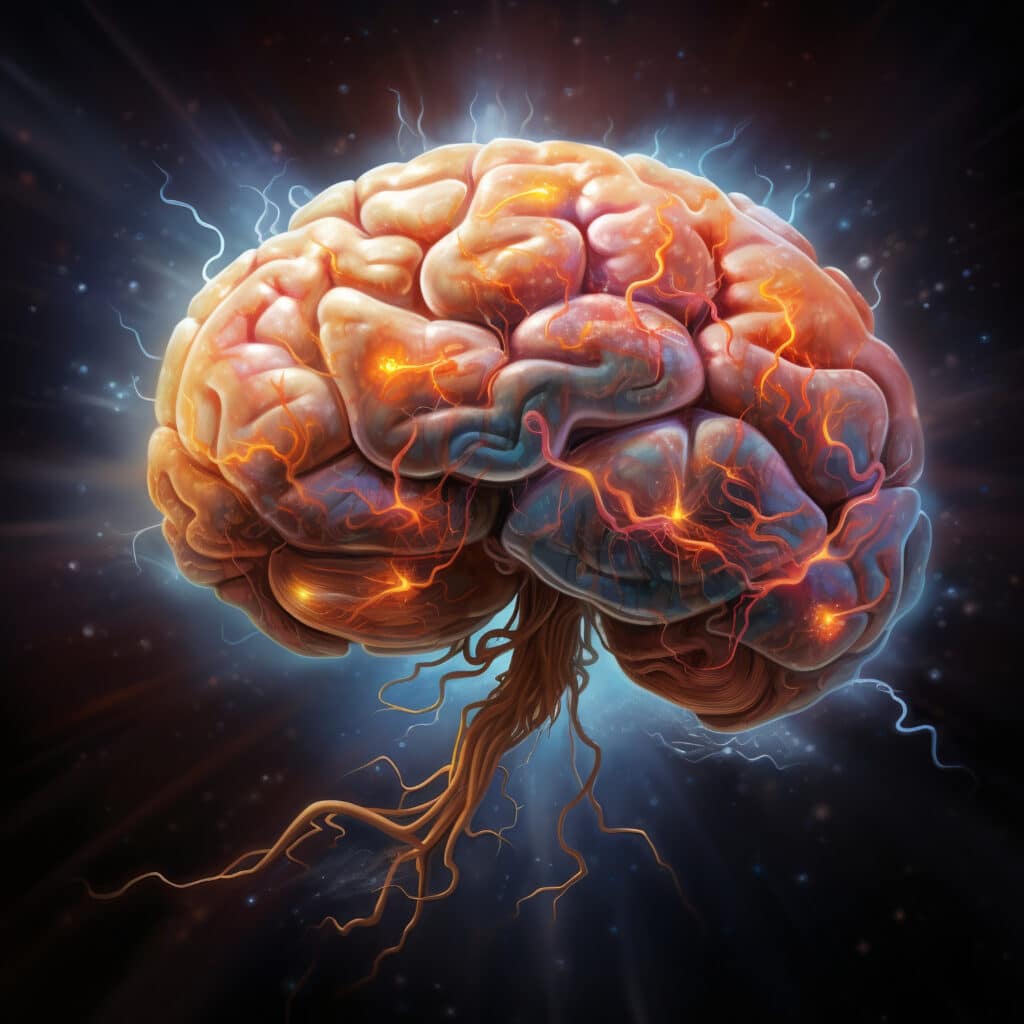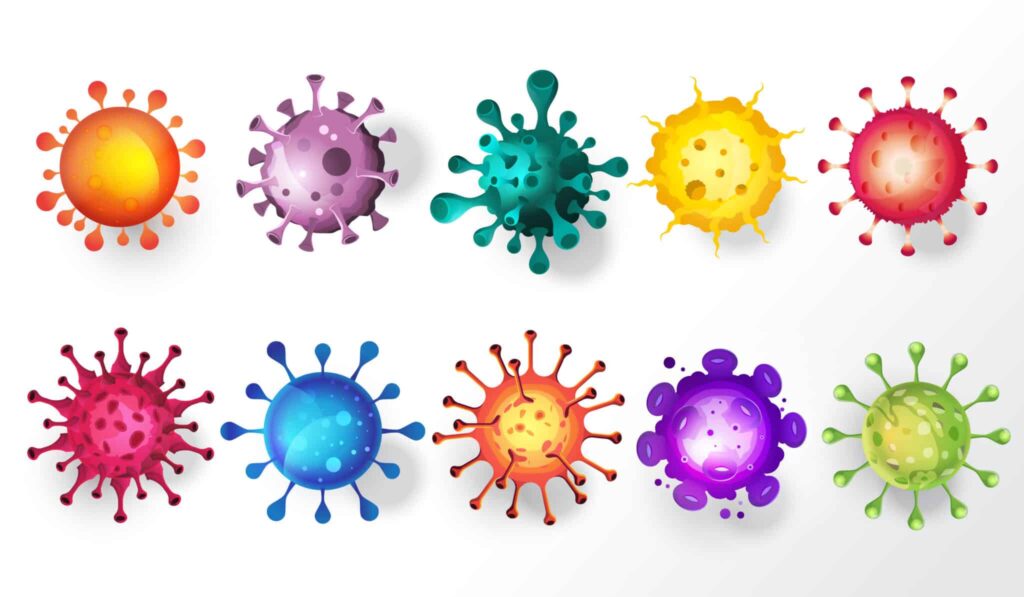The Key to Optimal Well Being
Achieving optimal well being is a multifaceted goal that involves maintaining a balance in various aspects of life, including physical health, mental well being, emotional stability, and social connections. Let’s delve into the essential elements that contribute to overall well being and how you can incorporate them into your daily routine.









